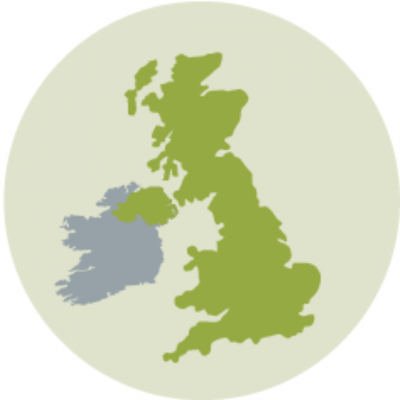Create mechanisms or subsidies at consumption level to promote better access to healthy, sustainable food for everyone. Price and affordability are key obstacles limiting access to a healthy sustainable diet, rich in vegetables, nuts and seeds, whole grains, plant proteins with less and better meat and dairy.
Further research and modelling of this area is needed, with the aim of mainstreaming access to healthy, sustainable foods. For the greatest impact, future schemes should aim towards universal provision across the population. Consumption-based food subsidies would support the development of the market for plant foods and better meat produced locally.
There are some examples of schemes to increase access to healthy foods for key populations on low incomes, such as Healthy Start in the UK. Aimed at pregnant women and new parents living on very low incomes, the program has important limitations in scope and outcomes. The Government should aim to expand eligibility to all families in poverty, and invest to vastly improve delivery and take up.
Improving the affordability of fruit and vegetables in the UK would mean:
- The Department of Health and Social Care should fund a national programme to ensure that staff in health, social care and early years settings actively help all eligible people claim Healthy Start vouchers. This programme could be funded from the underspend, estimated at £28.6 million in 2018.
- Progressing a public consultation on Healthy Start to support families on low incomes, as per the second chapter of the Childhood Obesity Plan.
- Exploration of alternative, comprehensive mechanisms or subsidies at consumption level to make healthy, sustainable food affordable for everyone.


